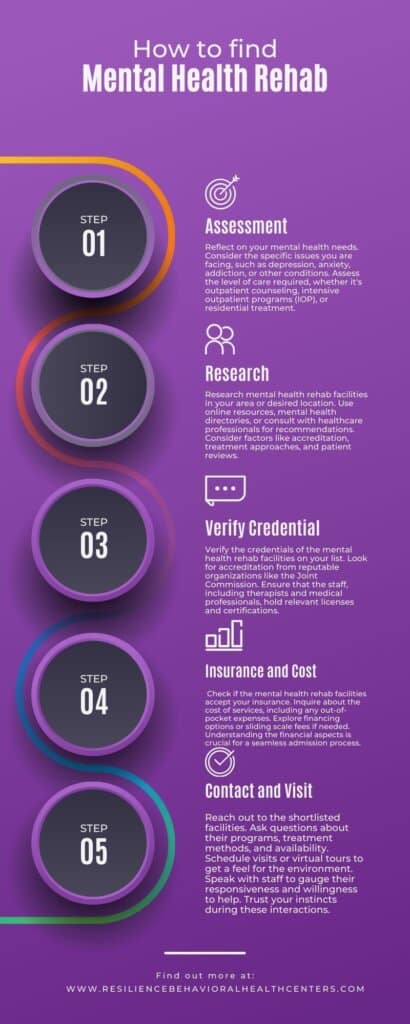Comparing Inpatient And Outpatient Mental Health Treatment Centers In Massachusetts
Drug and alcohol addiction indicate a whole host of underlying mental health challenges. These may be hereditary or might develop due to unfortunate experiences over a lifetime of provocations. Regardless, Massachusetts’ mental health treatment center offers rehab in various forms including inpatient and outpatient programs.
But which program is suitable for you, should you care about joining either one, or should you join any in the first place? Stick around as we’ll answer your concerns ahead along with when you should choose a specific care program.
What’s The Difference Between An Inpatient And An Outpatient Program?
Over 92,000 people in the U.S. suffer fatality due to drug overdoses every year, according to a 2020 report. Another 95,000 people die from alcohol-related accidents. Such high numbers necessitate the need for any sort of care program, be it inpatient or outpatient, to save valuable lives.
However, based on the symptoms, inpatient treatment might be more suitable or vice versa. Here are the key differences:
Inpatient Treatment | Outpatient Program |
|
|
When You Should Choose Inpatient Treatment?
Inpatient treatment is highly, highly, recommended if you have tried overcoming addiction on your own but haven’t had much success. Changing your environment will help you find success in a safe and supportive environment, as shown by a 2018 study.
Here are a few other reasons you should choose inpatient treatment in Massachusetts’ mental health treatment center:
- You have severe substance abuse, alcohol use disorder (AUD), or co-occurring disorders.
- You need to medically detox in a safe environment with professional supervision.
- You don’t have strong support at home and face significant stressors in the environment.
When You Should Choose Outpatient Treatment?
Outpatient treatment is typically highly recommended after finishing an inpatient program. This ensures a continuous level of care that avoids relapses for everlasting well-being. Here are some indicators that you should pursue outpatient treatment:
- You live in a supportive and stable household to provide care for you.
- You have already completed a higher level of care and need a “step-down” treatment.
- You want to maintain your daily commitments while also receiving rehab treatment.

Which Treatment Center You Should Choose?
Generally, a facility that offers inpatient treatment will also be offering outpatient programs as well. Here’s a quick overview of some of the treatment centers in Massachusetts offering mental health rehabilitation.
|
Facility |
Location |
Level of Care |
Specializations |
Reviews |
|
Templeton, MA |
Inpatient, Outpatient |
Addiction treatment, co-occurring disorders |
4.0 (97 reviews) |
|
Worcester, MA |
Inpatient, Outpatient |
Addiction treatment, trauma, PTSD |
4.4 (327 reviews) |
|
Plainfield, MA |
Inpatient, Outpatient, Sober Living |
Addiction treatment, relapse prevention |
4.2 (87 reviews) |
|
Sharon, MA |
Inpatient, Outpatient |
Mental health, addiction treatment, trauma |
5.0 (67 reviews) |
|
Cohasset, MA |
Inpatient, Outpatient, Partial Hospitalization |
Mental health, addiction treatment, mindfulness |
4.2 (86 reviews) |
|
Boston, MA |
PTSD, depression, anxiety, transitional housing |
4.3 (32 reviews) |
|
|
Boston, MA |
Inpatient, Outpatient |
Mental health, addiction treatment, veterans |
4.0 (123 reviews) |
The above facilities will help you find a suitable form of care. If you want to narrow your options down further, so you can choose the best facility for you, you can look at the accreditations of the facilities.
Click here to learn more about the importance of accreditation in finding a trusted mental health treatment center in Massachusetts.


